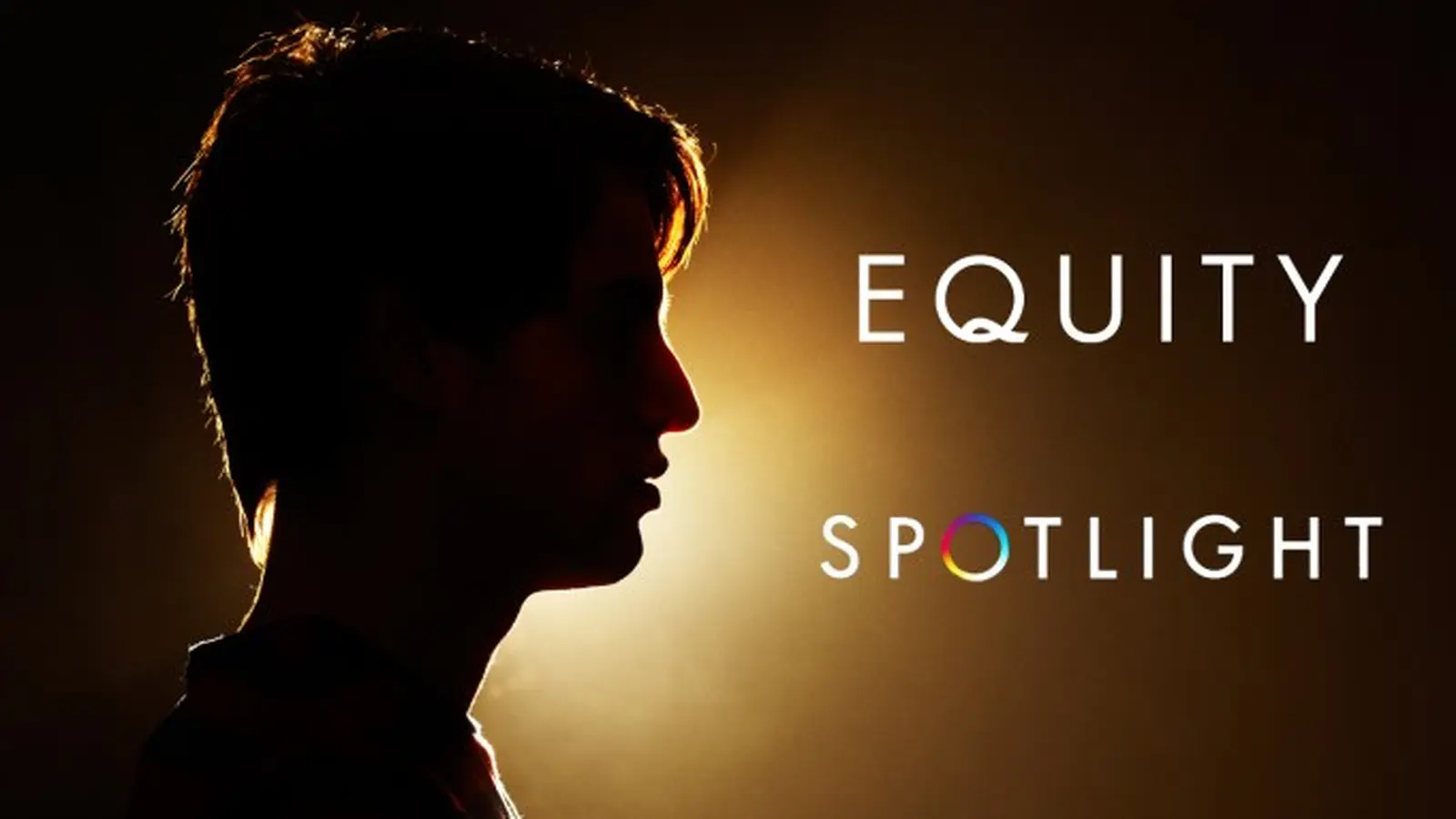5 Minutes
High Court Clears Spotlight — A Turning Point for Casting Platforms
In a decision that will reverberate across the UK film, television and theatre sectors, the High Court has dismissed Equity's long-running legal claim that casting directory Spotlight should be classified as an employment agency. The ruling, delivered by Judge Catherine Howells, concluded that Spotlight functions as a marketing and promotional platform for performers rather than an organisation that finds employment or supplies staff to employers. For performers, agents and casting professionals, the judgement stabilises a dominant service while reopening conversations about fees, market power and the future of digital casting.
Case background and the stakes for the industry
The dispute began after nearly two years of debate and public scrutiny. Equity, the UK actors union representing roughly 50,000 members, argued Spotlight's annual membership charge — the standard rate cited in court was around £198 — and its prevalence across UK casting amounted to exploitation of a monopoly-like position. Equity sought legal recognition of Spotlight as an employment agency under the Employment Agencies Act 1973, which would have imposed stricter fee controls and required the company to be transparent about how it calculates charges.
Spotlight, now owned by Talent Systems LLC, answered that its service is a directory and platform for discovery, positioning itself alongside other industry listings rather than traditional recruitment agencies. CEO Matt Hood — a former Equity employee with 17 years at the union — told the court Spotlight is a member service essential to professional visibility and casting efficiency. The judge agreed, finding Spotlight 'not and never has been' an employment agency, a verdict that removes the spectre of prosecution or heavy regulatory penalties for the company.
Why this matters beyond Spotlight
The judgment holds broader implications for digital casting and creative industry marketplaces worldwide. As streaming platforms drive unprecedented production volumes, centralized casting directories often become de facto industry standards. A ruling against Spotlight might have set a precedent for any platform that aggregates talent profiles, from niche casting networks to professional directories, potentially subjecting them to employment regulations more common in recruitment sectors.
Industry context: digital platforms, fees, and union pressure
Equity's challenge is part of a wider trend of unions and creatives pushing back against intermediary costs — including agent commissions and platform subscriptions — that can erode earnings, especially on low-paid or short-term jobs. The union is also campaigning against agents charging fees that result in performers receiving less than minimum wage on certain assignments. Spotlight countered that its fee increases were modest relative to broader inflation and pointed to nearly a century of collaborative history with Equity before relations soured in recent years.
Comparatively, debates over platform power and fees have cropped up in other creative industries. Casting platforms in the US, like Actors Access or IMDbPro, and industry-specific directories in other sectors have faced scrutiny about discoverability, pay transparency and market concentration. The High Court's decision provides a model for how courts might distinguish between promotional services and employment intermediaries.
Voices from the field
Film critic and cinema historian Marko Jensen offers a broader cultural take: 'This ruling is more than a legal technicality — it shapes how talent will be found and valued in an era when algorithms and platforms mediate opportunity. Actors need visibility, but they also need protections; the industry must now focus on practical rules that balance both.'
The judgement was welcomed by Spotlight's leadership as validation of its role in providing equitable access to opportunities. Equity has not yet finalized its public response, but the union's ongoing campaign against unfair agent practices indicates the dispute over fairness and pay will continue in other arenas.
What creatives and casting professionals should watch next
Even with the legal win for Spotlight, the industry conversation moves on. Expect renewed discussions about:
- Greater transparency in how platforms set subscription rates and services.
- Union campaigns targeting agent commissions and pay protection on low-fee jobs.
- Potential regulatory or voluntary codes of conduct tailored to digital casting ecosystems.
- How new competitors or niche platforms might emerge to challenge dominant directories.
Conclusion: A legal victory, not an end to debate
The High Court ruling protects Spotlight from immediate regulatory change, but it does not resolve wider concerns about cost, access and fair pay in the creative labour market. For filmmakers, casting directors and performers, the message is clear: platforms that dominate visibility will remain central to careers, and the sector must create transparent, equitable rules that reflect the realities of 21st-century production. The industry now has an opportunity — and a responsibility — to design frameworks that safeguard creators while preserving the efficient discovery tools that productions rely on.
Source: deadline


Leave a Comment